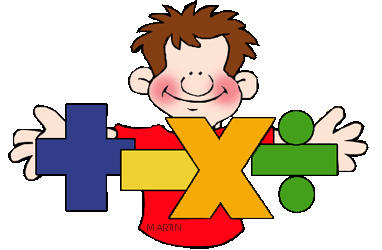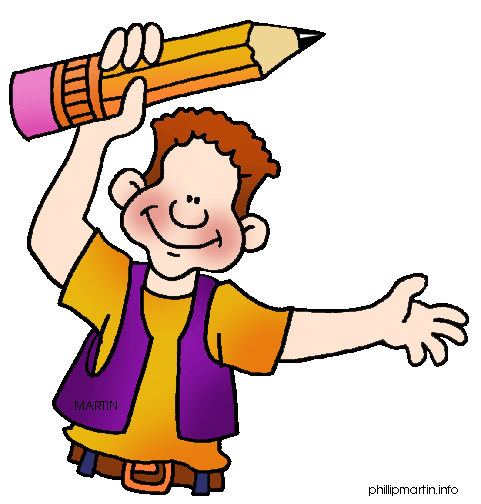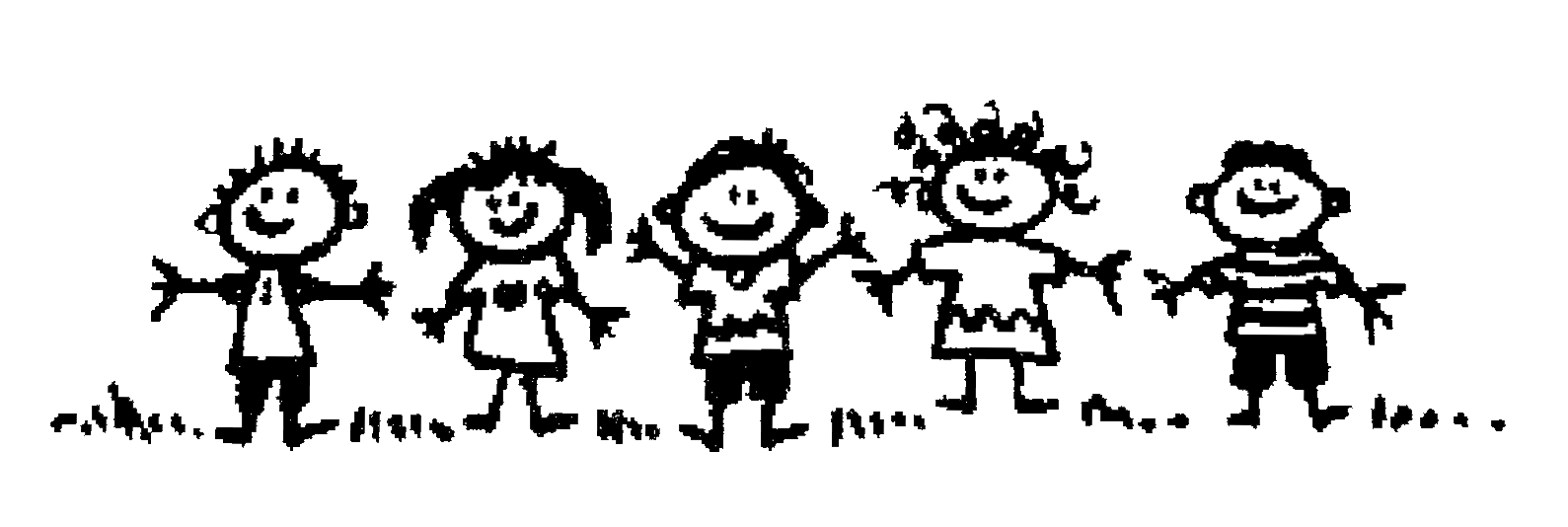Second Grade in Room 220
Learning Projects and Activities in our Classroom

All Videos

Social Studies:
Communities and Shermerville
Our first Social Studies unit of the year will be Communities and our community of Northbrook. We will identify and compare the differences and similarities between different types of communities; rural, suburban, urban.
We we will also compare life in Northbrook today to Shermerville 100 years ago.
We will visit the Northbrook Historical Society to learn more about our community's history and gain knowledge first hand of how a community develops and grows.

Science:
We are in week 3 of our first six week unit in science. The unit of study is "Earth’s Systems: Processes That Shape the Earth." This unit is taught through hands on lab experiments, text research and the use of technology to record data, complete research and present the knowledge
gained.
Our Reading, Writing, Math, and STEM Projects

STEM
In our Second Grade classroom we have a STEM workshop every Friday afternoon. STEM stands for Science - Technology -Engineering - Math. STEM workshops in our classroom are a completely doable, fun way for us to experiment, collaborate, and problem solve. Our first STEM workshop of the year was the Marshmallow Tower challenge. The created team structure had to withstand a student created "5 second Earthquake." Each design was a team effort and very impressive.

Math Workshop
We begin the year studying Place Value. Our daily vocabulary includes digits, value, greater than, less than and


Literacy Studio
Literacy Studio is literacy instruction, which incorporates six common features:
-
Time – daily for about an hour and a half.
-
Just Right Texts – of many different genres
-
Teaching – mini lessons of reading strategies and skills
-
Conferring – 1:1 discussing with the student a book being read
-
Assignments – Leading a book discussion group
-
Assessments – Running Records of reading.
Students need time to read independently, in a book group or with a partner. It's also important that the time we spend reading is done in texts that are "just right" for us. Explicit teaching of reading strategies and skills in our daily min-lessons are coordinated with meaningful tasks using real mentor texts are at the heart of what we believe our readers need. In Literacy Studio we emphasizes the importance of providing time for our student readers to engage in authentic discussion about their books. Assessments formal and informal are used to guide myself as a teacher the instruction necessary so that I can help my readers grow.




